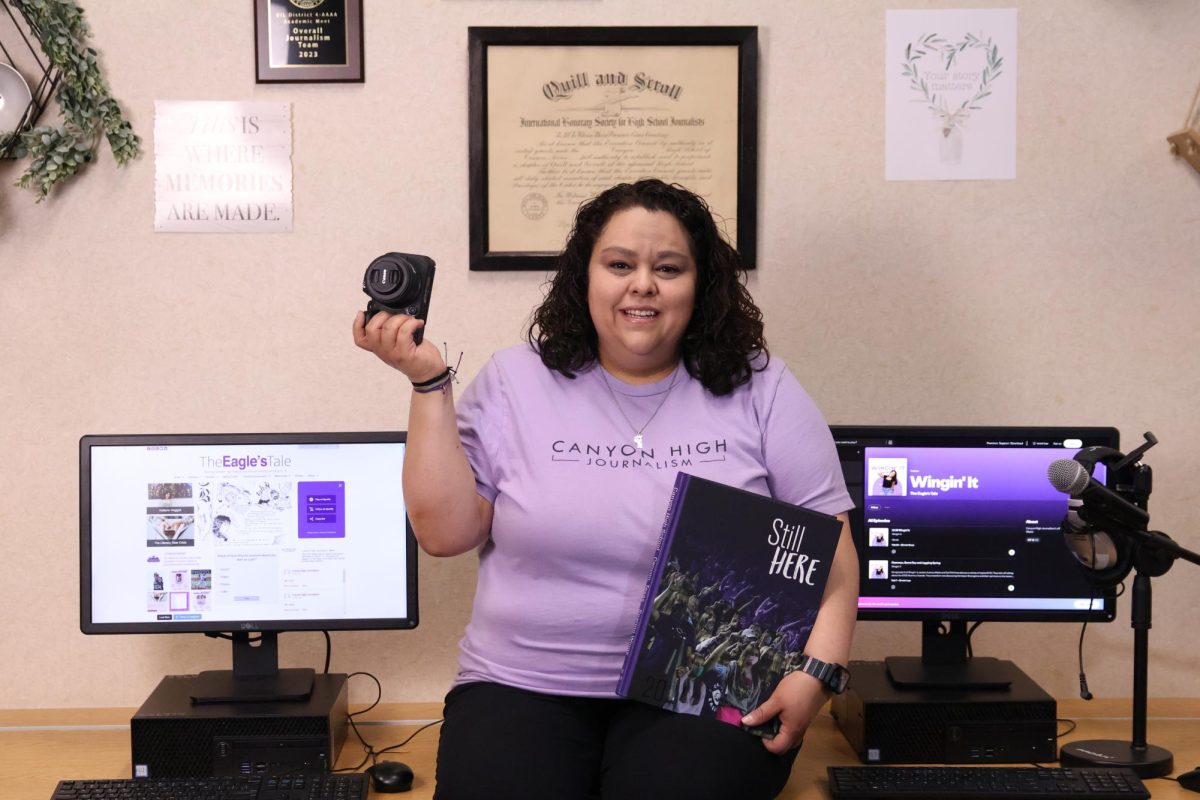When choir teacher Debbie Miller died suddenly in December 2007, she had chosen to donate her organs. Counselor Ramona Hawkins also made the same decision. Because of these choices, others are living fuller lives today. Donation helps save lives by providing people who need new organs with a second chance.
After death, the organs that can be donated include the kidneys, liver, lungs, heart, pancreas and intestines. These organs are taken immediately after death because they cannot be stored for an extended period of time.
Tissue donations include the corneas, skin, heart valves, tendons and ligaments which can be stored for later use. Anyone can register to donate, but doctors will not take organs from people with HIV/AIDS, active cancer or a systemic infection.
Living donors can donate bone marrow, used for the stem cells it contains, and all blood types. They can also donate one kidney, two lobes of the liver, part of the lungs or part of the intestines.
Most states keep a list of their registered donors. The state of Texas allows anyone over age 18 to register without parent or guardian permission.






